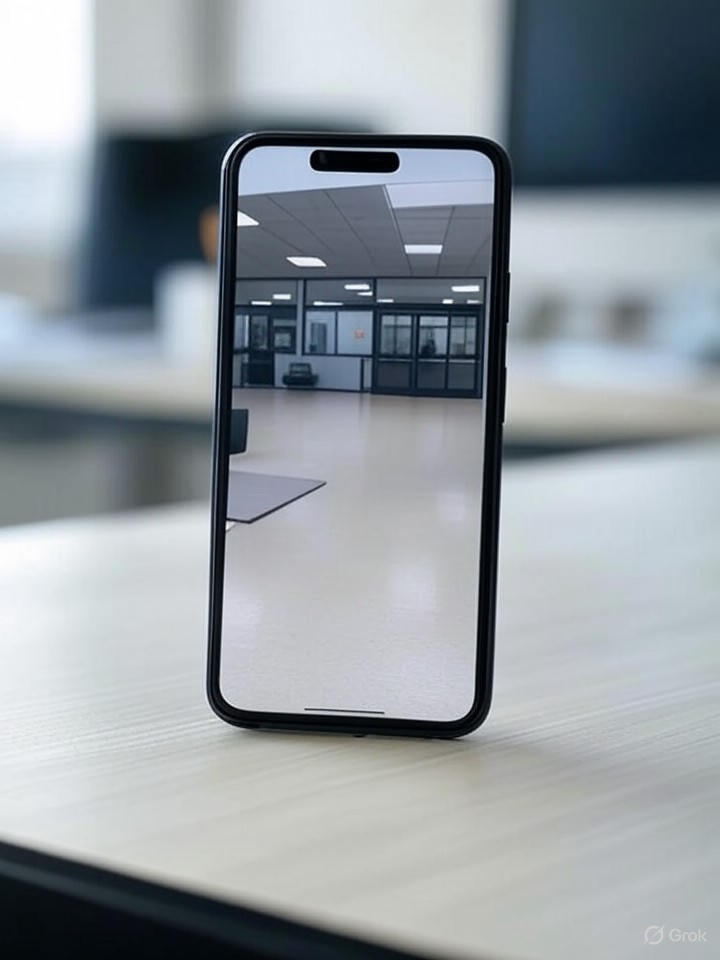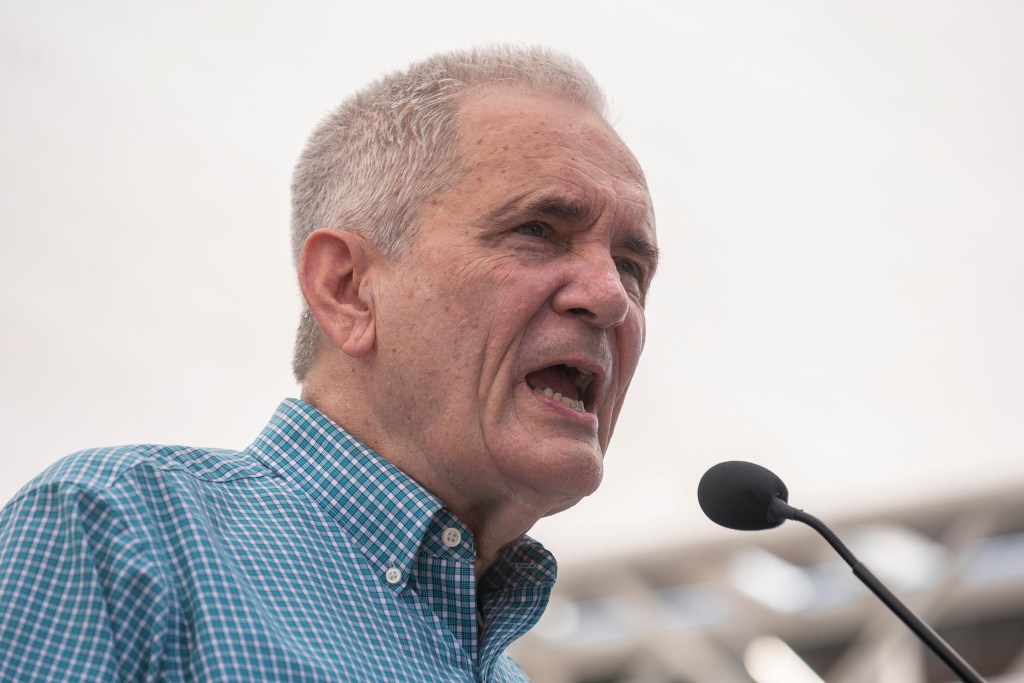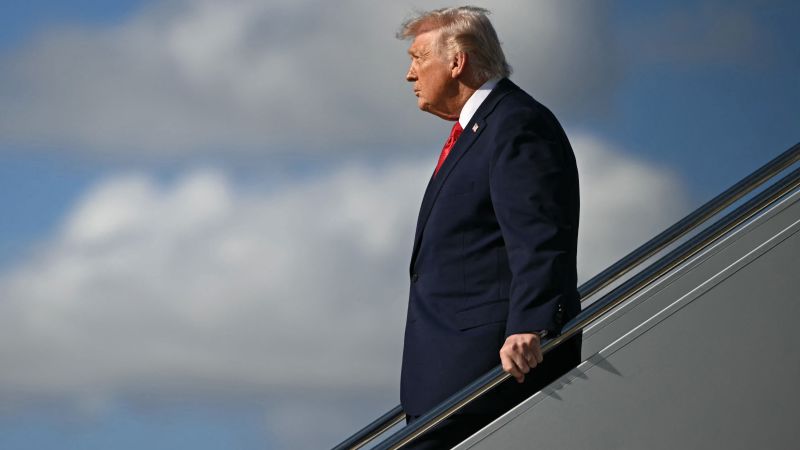U.S. border agents are increasingly searching travelers’ smartphones, with searches reaching a record high of 52,000 in the fiscal year 2025. This figure represents a significant 17% increase from the previous year, according to data from U.S. Customs and Border Protection (CBP). The surge in device searches has intensified privacy concerns among travelers, particularly those carrying sensitive information.
The growing number of searches has been particularly notable in recent months. Between April and June 2025, CBP conducted nearly 15,000 searches, marking the highest quarterly total since 2022. This trend has sparked alarm for many, especially for individuals transporting confidential data such as business secrets or personal communications.
Legal Authority and Criticism
CBP’s authority to conduct these searches is rooted in longstanding exceptions to the Fourth Amendment, allowing warrantless inspections to address national security threats like terrorism and smuggling. Critics, however, argue that this power is being overextended in the digital age. A landmark case, United States v. Smith, highlighted the issue when a New York district judge ruled in 2023 that warrants are necessary for cell phone searches at the border. Despite this ruling, CBP maintains broad practices regarding device searches, which the agency claims are essential for security in a digital landscape.
While CBP’s guidelines state that searches are integral to national security, privacy advocates emphasize that most searches are basic manual reviews, with more invasive forensic examinations occurring infrequently. Legal experts from Northeastern University have noted the complexity of navigating these searches, as the government asserts that Fourth Amendment protections do not fully apply at the border.
International travelers are particularly affected. In 2025, the Canadian government updated its travel advice, warning citizens to expect increased scrutiny from U.S. border officers. Reports indicate a rise in detentions based on device data, raising serious concerns about privacy and discrimination.
Impact on Travelers and Businesses
The implications of increased border searches extend to corporate data security. Professionals traveling with proprietary information are advised to minimize risks associated with device searches. Legal experts from Harter Secrest & Emery LLP recommend strategies such as utilizing burner phones or relying on cloud storage to mitigate the exposure of sensitive data.
As highlighted in a recent article from CNET, U.S. Border Patrol has the authority to search electronic devices without probable cause, prompting professionals to consider practical measures to protect their information. Experts suggest employing encryption and data minimization techniques, such as enabling full-disk encryption and backing up data to the cloud before travel. However, even these precautions are not foolproof, as CBP can demand access to passwords, and refusal may result in detention or denial of entry.
The legal landscape surrounding device searches continues to evolve. Advocacy groups like the Electronic Frontier Foundation are pushing for nationwide warrant requirements, building on the momentum of the 2023 ruling. CBP defends its practices, asserting that searches are targeted rather than random and are conducted with discretion.
Comparatively, Canada’s border agency has faced restrictions following a court ruling that curtailed random searches. This contrast underscores the ongoing debate in the U.S. as technology advances and the integration of smartphones with AI capabilities increases privacy stakes.
As the discussion surrounding border searches intensifies, legal experts emphasize the need for awareness among travelers. Staying informed about the evolving policies and practices at borders is crucial for those navigating this complex landscape. For tech-savvy professionals, understanding the implications of these searches is essential in safeguarding their digital lives while traveling.







